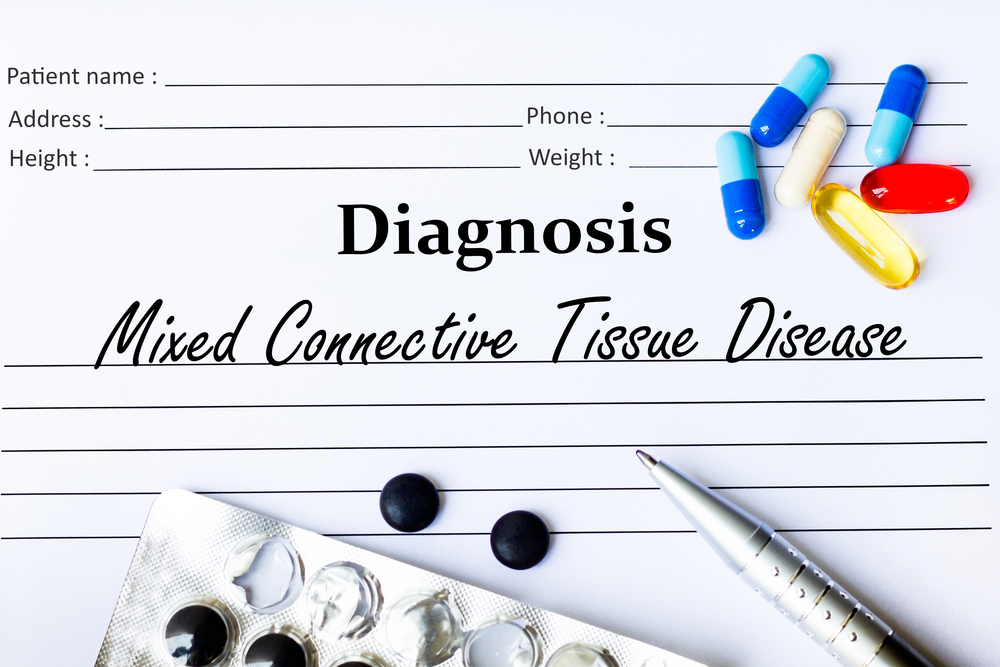Mixed connective tissue disease (MCTD), also referred to as an overlap disease, is an autoimmune disease that affects a small number of people. It has signs and symptoms of connective tissue disorders, including systemic lupus, erythematosus scleroderma, and polymyositis.
The exact cause of mixed connective tissue disease is yet to be known. However, it affects various organs such as the muscle, skin, digestive tract, lungs, and joints.


